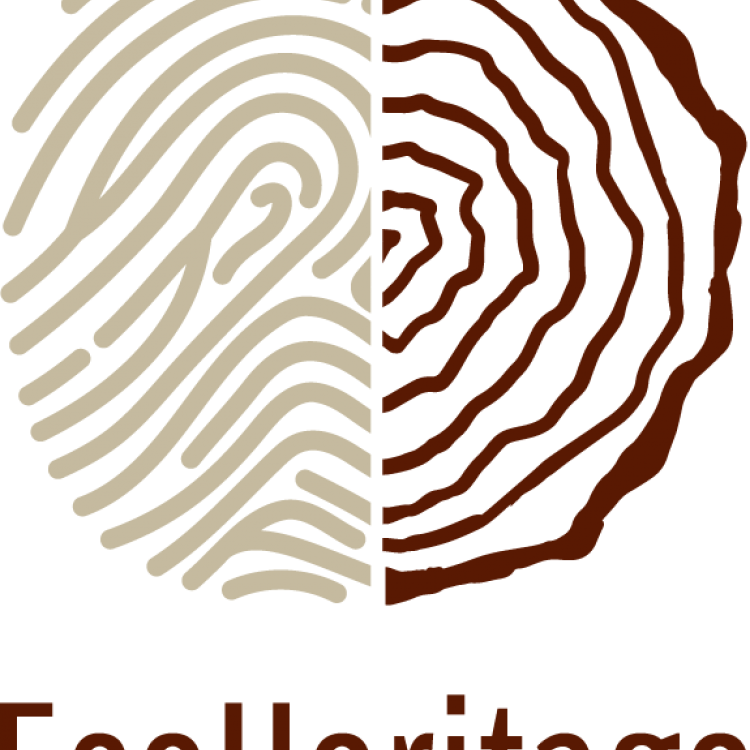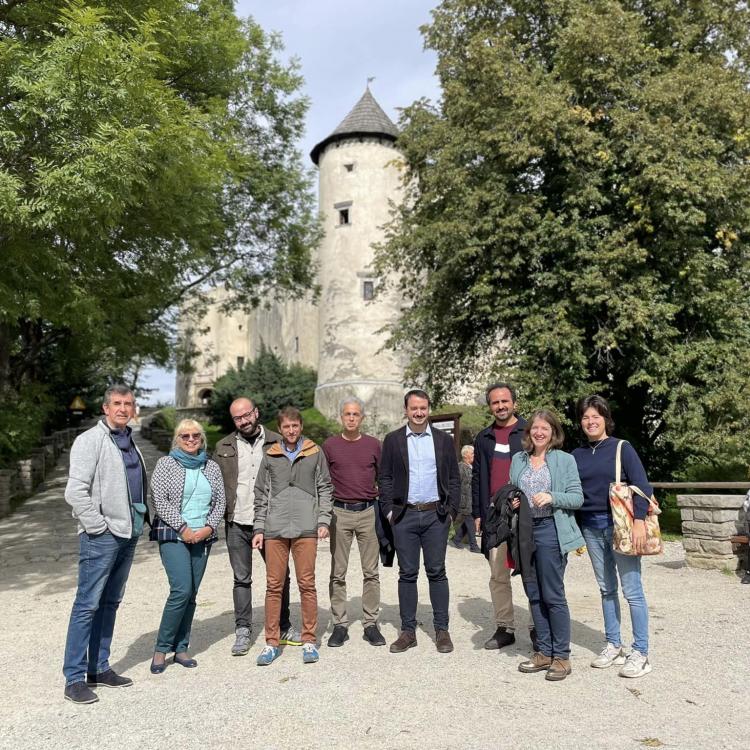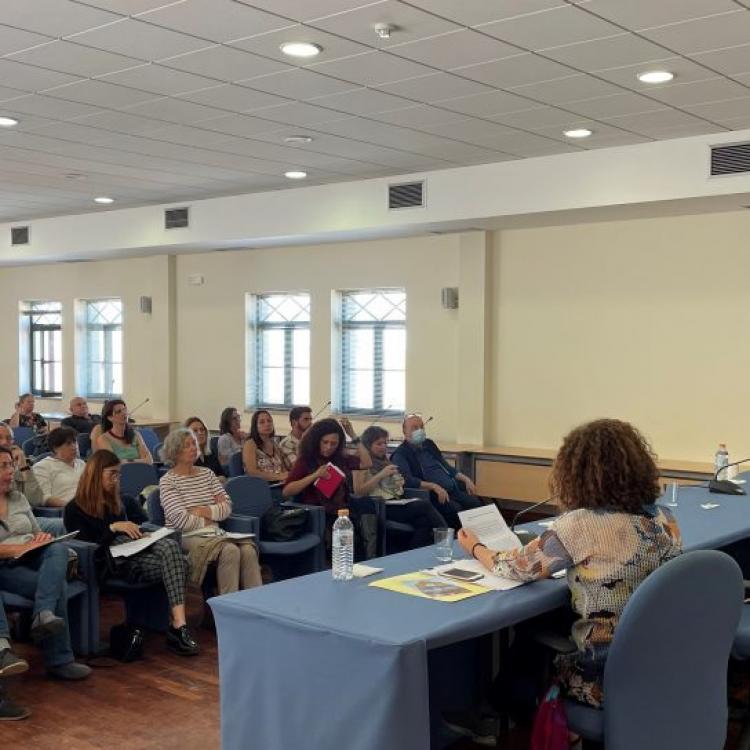ECOHERITAGE
Ecomuseums work as shared processes of recognition, management and protection of cultural and natural heritage, aimed at promoting sustainable development. Ecomuseums are organised by its communities in an associated and cooperative way based on four main areas: economic, social, environmental and scientific-technological. Ecomuseums are able to generate incomes from culture, knowledge and services.
EcoHeritage primary target group are rural communities, especially adult population, as well as ecomuseums in Europe. The secondary target group addressed are municipalities and local governments, cultural institutions, heritage research institutions and adult education providers.
EcoHeritage will address these groups with the overall objective of contributing to the awareness and consolidation of ecomuseums as a model of sustainable and collaborative heritage management for the development of economic growth and social cohesion among rural communities in the consortium countries.
The specific objectives of our project are:
- To raise awareness about ecomuseums as a collaborative heritage management model, establishing a set of criteria for its recognition and a common methodology to improve it contribution to social, economic, environmental and heritage sustainability of rural areas.
- To provide skills to adult learners in rural areas through the creation of innovative training materials on active citizenship promotion and participatory heritage management.
- To generate steady communication networks between ecomuseums at national and European level thus fostering knowledge and good practices exchange that will contribute to the sustainability of consolidated and new coming ecomuseums.
- -To foster the creation of ecomuseums as an endogenous resource for competitiveness and social, economic and environmental sustainability of rural areas.


